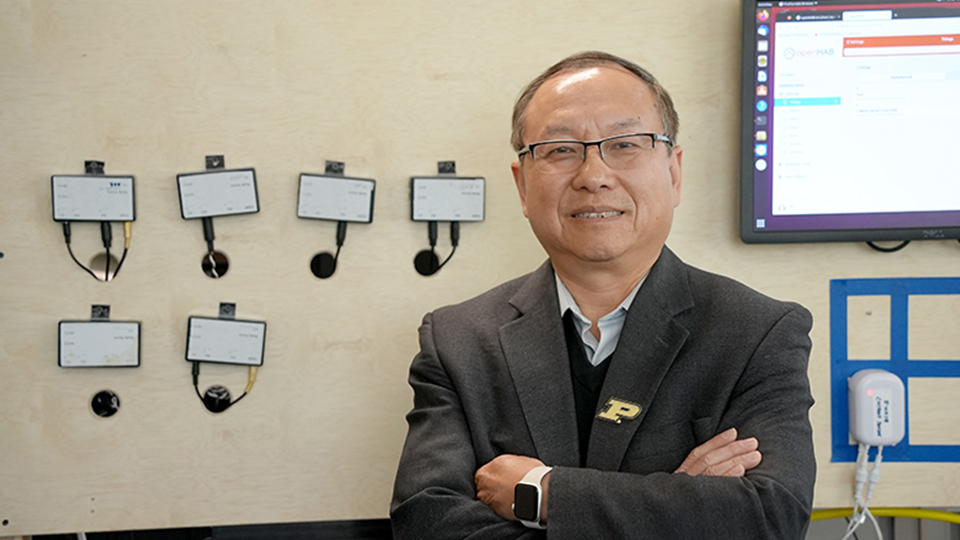Purdue trains students to conduct energy assessments
Subscriber Benefit
As a subscriber you can listen to articles at work, in the car, or while you work out. Subscribe Now
Energy costs are some of the biggest expenses for businesses, and that budget line has increased in recent years. The Industrial Assessment Center at Purdue University in Indianapolis is helping small and medium-sized companies track those expenses and provide recommendations on how to reduce costs, while also training students for careers. Since launching the program in 2011, the IAC has helped 170 Indiana businesses collectively save $20 million in their energy bills.
In an interview with Inside INdiana Business, Jie Chen, IAC director and chair of mechanical and energy engineering at Purdue University in Indianapolis, said the businesses that adopt the IAC’s recommendations are often able to save about 10% on energy.
“But still, it’s a matter of how people start implementing this. When we give a recommendation, we’ll also provide the cost to implement,” explained Chen.
Chen says businesses want to understand when they will see a return on their investment before making changes, such as replacing lighting with more efficient LEDs or making changes to HVAC systems. He says some of recommendations have a longer payback period.
“For small and midsize companies, they basically will look at this year or next year at the most. They don’t want to invest probably too long with the longer payback period. These are the kinds of things that we try to implement and improve.”
Chen says energy costs can vary by industry and bills can range from $100,000 to $2 million annually, even among small and medium-sized businesses, that are involved in manufacturing of steel or aluminum products.
The IAC assessed the energy usage of Franklin-based Electro-Spec Inc., a company that specializes in electroplating of high-tech electronic components which require heavy loads of electricity.
“The IAC’s ability to make creative and rational decisions on energy savings opportunities based on the data they examined was outstanding,” said Ted Funk, Electro-Spec’s facilities manager, who adds the company was able to save both energy and money.
Based on post-assessment surveys, Chen says the implementation rate of IAC recommendations is more than 50% among its clients. He says that mark holds major significance in a small-business climate, where profit margins can be notoriously thin.

While the center is helping businesses improve their bottom lines, it is also about training the students for careers after college. Under the leadership of engineering faculty, a team of students conduct energy assessments, which result in comprehensive reports given to each manufacturer with recommendations for improving energy efficiency, reducing waste and increasing productivity.
“The main purpose of the IAC is to train the workforce. It’s real-world engineering practice,” said Chen. “So they can have some kind of leadership skills and also have to manage a product so these are all part of the training.”
The energy assessments are free to the companies. Since its inception, the IAC has received an ongoing grant from the U.S. Department of Energy to help train an energy efficiency workforce.
Chen says the program recently received an annual $100,000 grant for the next four years to expand the energy assessments to small and medium-sized commercial buildings.
